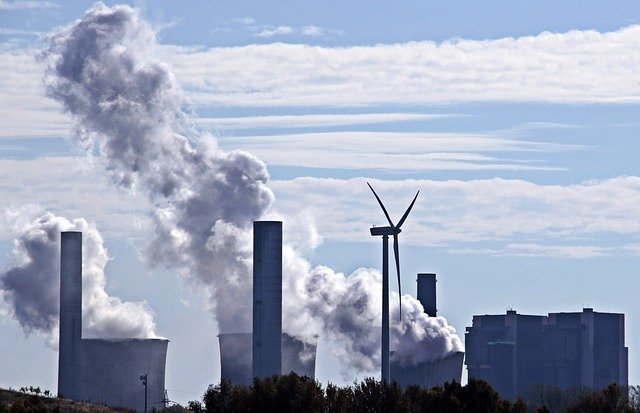ESG
Singapore, China Central Bank Push Low-Carbon Credentials

The collaboration between Singapore and China, and MAS's recent moves to promote green finance, highlight how the "net zero" agenda continues to be a dominant theme in international finance.
Central banks in Singapore and China have teamed up to create a taskforce for Green finance as the jurisdictions move to a low-carbon future, they say.
The collaboration is between the Monetary Authority of Singapore and the People’s Bank of China; they have created the China-Singapore Green Finance Taskforce (GFTF).
While geopolitical conflicts and controversies about rising energy prices have made moves to a “net zero” target controversial at times, countries continue to make a play of their low-carbon energy policies. Part of the focus of policymakers in recent years has been to counter what is called "greenwashing" – making investments and business conduct look "greener" than they are.
At the inaugural meeting hosted in Chongqing last week, the GFTF discussed joint initiatives aimed at scaling up green and transition financing flows between Singapore, China and the region. The GFTF will establish three initial workstreams to focus on three areas: taxonomies and definitions; products and instruments; and technology.
The GFTF is co-chaired by MAS’ assistant managing director (development and international) and chief sustainability officer, Gillian Tan, and chair of the China Green Finance Committee, Dr Ma Jun. Members comprise senior representatives and sustainable finance experts from financial institutions and green FinTech companies from Singapore and China.
“The GFTF provides a platform for knowledge exchange and will galvanise collaboration between public-private participants from China and Singapore on concrete initiatives that will catalyse capital flows to support a credible and inclusive transition to a low carbon future for our countries and the region,” Tan said.
Finance for net zero
MAS has also launched the Finance for Net Zero Action Plan, which
outlines its financial mobilisation initiatives for
stimulating Asia's net zero transition and decarbonisation
operations in Singapore and the region.
The FiNZ Action Plan sets out MAS’ strategies for
mobilising financing to catalyse Asia’s net zero transition
and decarbonisation activities in Singapore and the region. It
expands the scope of MAS’ Green Finance Action Plan launched in
2019 to include transition finance. Transition finance refers to
investment, lending, insurance, and related services to
progressively decarbonise areas such as power generation,
buildings, and transportation.
During the launch of the plan at the National University of
Singapore's Sustainable and Green Finance Institute, Deputy Prime
Minister and Finance Minister Lawrence Wong said: "We will put in
place safeguards to mitigate the risks of transition-washing, so
it's not just greenwashing, transition-washing is also a risk."